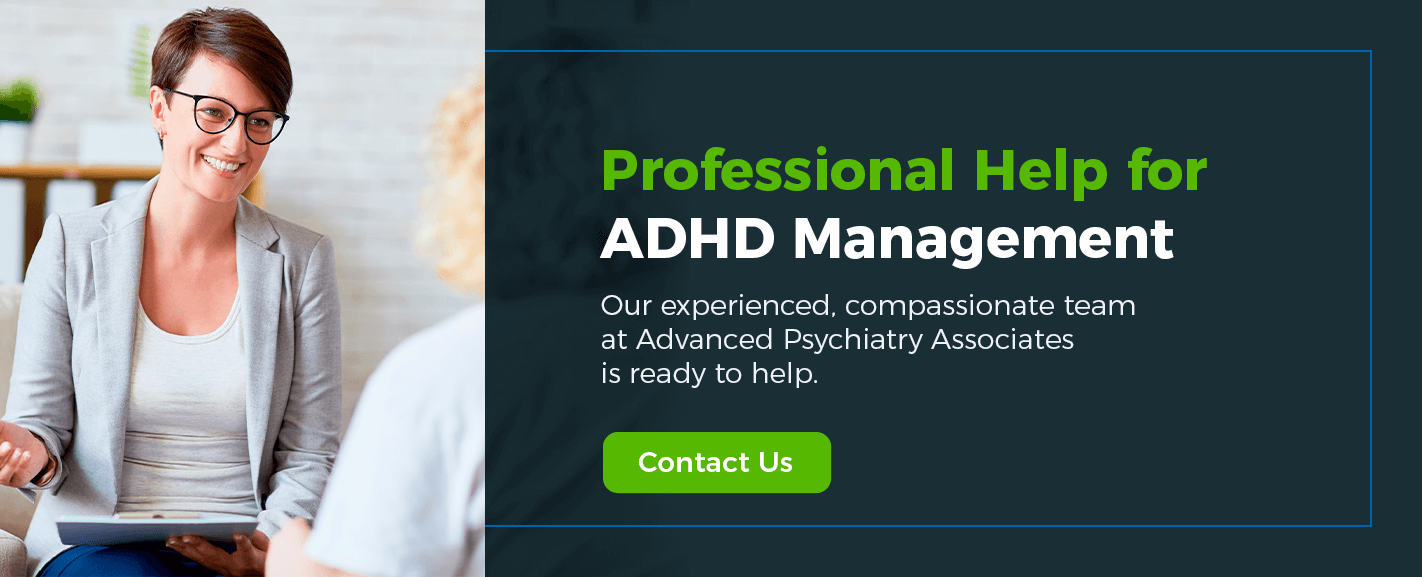Comprehensive ADHD-Friendly Environment: Effective Management of Clutter and Stress
Strategies for Managing ADHD Clutter
Navigating the Chaos:
Clutter can be particularly problematic for those with ADHD due to the way the ADHD brain handles organization and stimulation.
- Overwhelm from Clutter: The visual noise of clutter can be overwhelming, making it difficult for someone with ADHD to focus and process information. This can lead to increased anxiety and stress.
- ADHD and Object Permanence: One aspect of ADHD related to clutter is the challenge with object permanence. Items out of sight can become out of mind, leading to a tendency to keep things in view, which contributes to clutter.
Practical Tips:
- Implement a decluttering routine, dedicating 15-30 minutes a day to sorting and organizing.
- Use clear bins and labels to make it easier to find and store items.
Systems and Tools:
- Place baskets in each room for items that need to be put away later.
- Keep a dedicated shredder for unwanted papers to prevent pile-ups.
Psychological Approaches:
- Focus on progress, not perfection, to maintain motivation.
- Reward yourself for small victories to build positive associations with decluttering.
Strategies for Managing ADHD Clutter Anxiety
Here are strategies to effectively manage clutter if you have ADHD, based on advice
Emotional Aspects of ADHD and Clutter
- ADHD Overwhelm: Sensory overload from a cluttered environment can trigger an ADHD overwhelm response, which may manifest as irritability, anxiety, or even a sense of paralysis where one cannot take action.
- ADHD Paralysis: In the face of overwhelm, individuals with ADHD may experience 'shutdowns' where they find it hard to start or complete tasks.
Finding ADHD Specialists and Therapists
- ADHD Psychiatrists Near Me: For medication management and a comprehensive ADHD treatment plan, you may need to consult with an ADHD psychiatrist. Websites like Psychology Today provide directories to find local specialists.
- ADHD Therapist Near Me: For ongoing support and therapy, local search engines and healthcare provider directories can help you locate ADHD therapists in your vicinity.
from ADHD therapists and ADHD psychiatrists:
1. Start Small: Break down decluttering into small, manageable tasks. Focus on one area at a time to avoid becoming overwhelmed.
2. Use Timers: Set a timer for short bursts of cleaning—15 to 20 minutes. This helps make the task feel less daunting and provides a clear end point.
3. Organizing Tools: Implement the use of organizing tools that work for you. This might include clear bins (to see contents), labels, and designated spots for frequently used items.
4. Routines: Establish daily routines to manage clutter. This could involve a 5-minute tidy-up at the end of the day or sorting mail as soon as it comes in.
5. Reinforcement: Celebrate small victories. Acknowledging progress can be a powerful motivator.
6. Support Systems: Don’t be afraid to ask for help. Whether it's from family, friends, or a professional organizer, getting assistance can make a big difference.
Conclusion: A Compassionate Approach to ADHD and Clutter
- Embracing Your ADHD Journey: Remember that managing clutter with ADHD is a continuous process. It requires patience, persistence, and self-compassion.
- The Path to a Clutter-Free Life: By applying these strategies and resources, you can reduce anxiety and create a more ADHD-friendly environment that supports your mental health and productivity.
- Self-Acceptance: Individuals with ADHD should aim for progress, not perfection, in dealing with clutter. It’s important to develop self-compassion and recognize that managing ADHD and clutter is a process.
- Customized Strategies: What works for one person may not work for another. It’s essential to tailor decluttering and organizing strategies to fit personal needs and preferences.
Resources
- Leveraging Help from Friends and Family: Including loved ones in your decluttering journey can provide practical and emotional support.
- Professional Organizers: Consider hiring a professional organizer who can offer personalized solutions and strategies for maintaining an orderly environment. (Reference: [NAPO - Find a Professional Organizer](https://www.napo.net/page/FPO))
Technology and ADHD Management
- Apps and Gadgets: Utilize technology such as reminder apps, timers, and digital planners to stay on top of tasks and reduce clutter. (Reference: [ADHD Apps and Tools](https://www.additudemag.com/category/manage-your-life/technology/apps-tools/))
Additional References for Further Reading
- [Attention Deficit Disorder Association](https://add.org)
- [National Institute of Mental Health on ADHD](https://www.nimh.nih.gov/health/topics/attention-deficit-hyperactivity-disorder-adhd)
- [American Psychiatric Association on ADHD](https://www.psychiatry.org/patients-families/adhd/what-is-adhd)
Creating an ADHD-friendly environment is not just about removing clutter; it's about understanding the unique way the ADHD mind works and using that knowledge to create systems that promote organization and reduce stress. Through the steps outlined above, individuals with ADHD can reclaim their spaces and their peace of mind.
—-------------------







